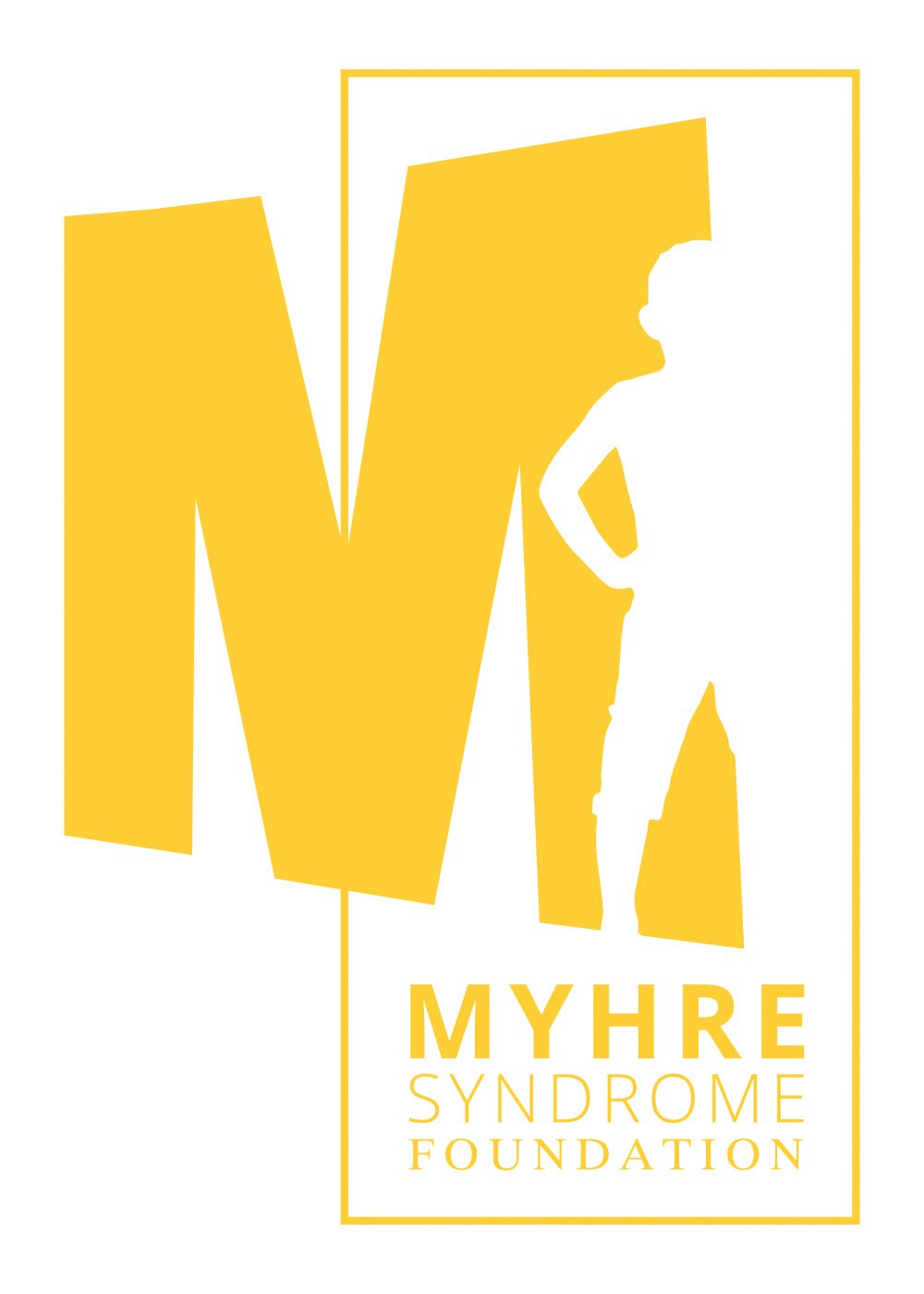Myhre Syndrome and Covid 19 - A Special Message from the PAB: March 2020
Like all of you, we have been thinking about the impact of the COVID-19 on individuals with Myhre syndrome. In response to the MSF BOD’s request for guidance, the Professional Advisory Board (PAB) is providing these comments. It was reviewed by the PAB members over the weekend. One of the strengths of the PAB is that it is international with members from Italy, France, Belgium and the UK. You can appreciate the enormous challenge in writing a summary because the COVID-19 virus has affected different parts of the world in different ways. The benefit is getting input from various countries. Most of us work with other syndromes, which gives you the broadest perspective. This topic is too complex to consider our statement as a comprehensive review. Instead we are offering tips based on generally accepted principles. We are all improvising, and understand that the pandemic frightens many of you.
1) As everyone knows, people with Myhre syndrome have many similarities, but each person is unique. Some children have mild facial features, few internal problems, normal growth, and mild autism and learning challenges. Other people may have more external and internal problems, and more problems with education and social abilities. Some have no recognizable cardiorespiratory symptoms, while others have moderate to severe ongoing issues. It is a chronic disorder and some may have more serious complications.
2) The parents who care for children with Myhre syndrome (or for themselves) vary in their understanding, and their opinions about care. We clinicians have cared for people with Myhre syndrome, but each may have slightly different viewpoints. Families may have received advice from their healthcare providers. 3) There are some medical issues for which details are not yet available. Many concerns are emerging. To mention just a few problems which occur in Myhre syndrome would be at the expense of omitting many others. People will have different responses to this, and other flu-like infection. Others may be more vulnerable for various reasons.
• At present, there is no clinical or laboratory evidence for a defined immune weakness in Myhre syndrome. We advise our patients to receive vaccinations according to schedule. Infections may be frequent in some (not all), but there is no specific defect.
• There are different types of lung disease and COVID-19 affects the alveoli (air sacs), rather than the airways. Children seem to have milder disease.
• Diabetes is a risk factor.
4) We suggest that each family follow guidelines which are best presented online because they change frequently. These websites are provided by nations, cities, and hospitals. Here are some reliable resources:
• International (WHO) https://www.who.int/emergencies/diseases/novel-coronavirus-2019
• United States (CDC) https://www.cdc.gov/coronavirus/2019-ncov/index.html
• CDC People at Risk for Serious Illness from COVID-19 https://www.cdc.gov/coronavirus/2019-ncov/specific-groups/high-risk-complications.html
• American Heart Association/ AHA: https://www.heart.org/en/about-us/coronavirus-covid-19-resources
• MassGeneral Hospital: https://www.massgeneral.org/news/article/coronavirus-news-and-information
5) General guidelines:
• Inform people taking care of your child (or yourself) about Myhre syndrome. Try to protect themselves from contact with the virus. Frequent hand washing is most important.
• Avoid travel that is not essential
• Discuss with the doctors who know you best if the above resources are not helpful.
• Although COVID-19 is a flu-like illness, it differs from the SARS epidemics.
Sincerely,
The MSF Professional Advisory Board (PAB)

